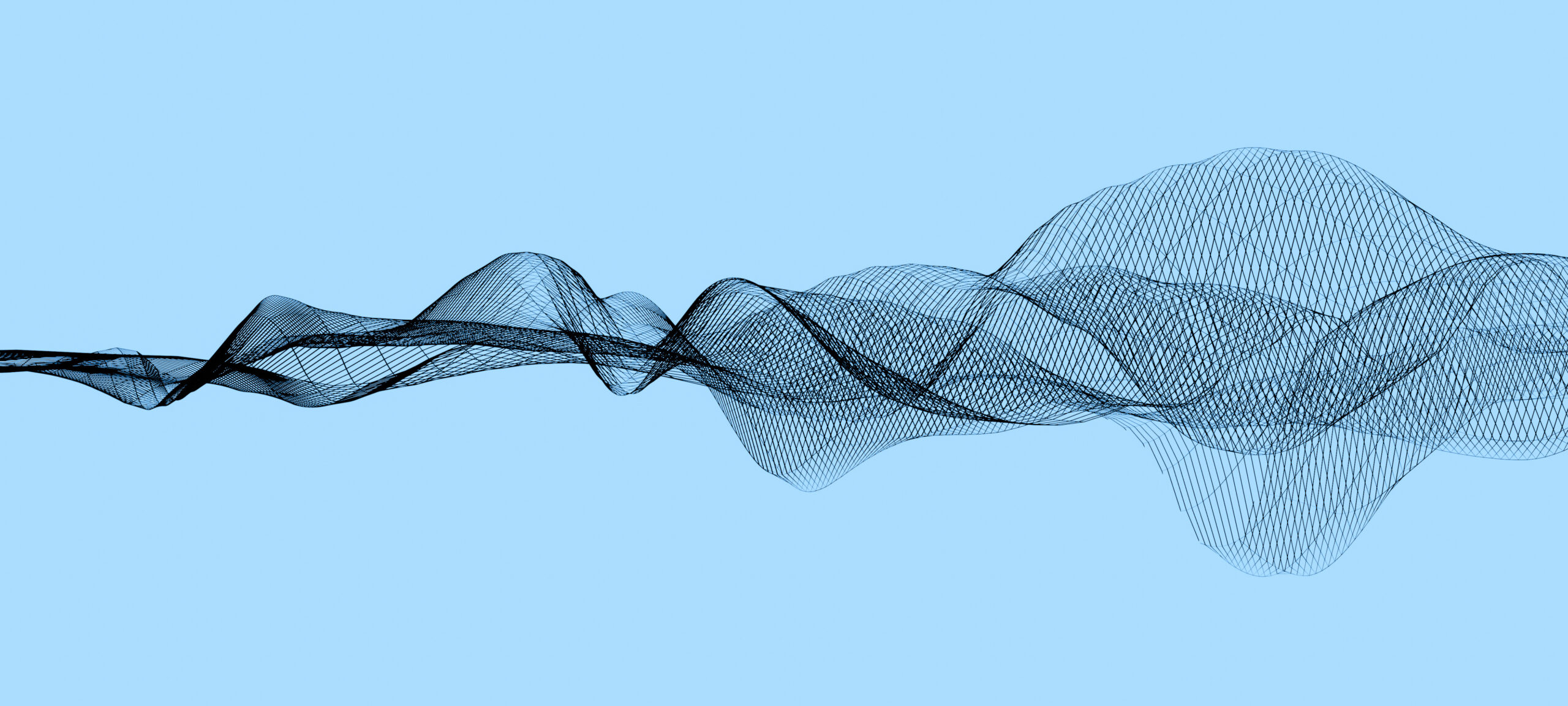Statistical Signal Processing

Course given by
Prof. Dr.-Ing. Georg Schmitz
Course number
141222
Language
German
Credit Points
5
Hours per week
4
Click here to go to
Moodle
Contents
The lecture 'Statistical Signal Processing' introduces stochastic signal models, and some important engineering applications of stochastic signals. First, the most important stochastic processes for signal models, such as white noise, Poisson processes or Markov chains, are discussed. In terms of applications, the lecture focuses on discrete-time optimal filtering methods. Here, the focus is on the Kalman filter, which is derived for the example of one-step prediction. Subsequently, selected methods for processing stochastic signals are discussed: In particular, these include parametric and nonparametric spectral estimation, maximum likelihood estimators, detectors, and adaptive filters (LMS, RLS).
Lectures
Room
ID 03/445
Lesson begins
10:15
Lesson ends
11:45
First lesson is on
Wednesday, 09.10.2024
Excercises
Room
ID 03/445
Excercise begins
08:15
Excercise ends
09:45
First excercise is on
Tuesday, 15.10.2024
Exam
Type of exam
Oral exam
Exam date
Individual Appointment
Duration of exam
30 min
Registration for the exam
FlexNow
Objectives
Students know some important classes of stochastic processes used to model measured signals and can select suitable models for the most common use cases, understand their properties, and can apply these models e.g. for parameter estimation. Students have acquired subject-specific knowledge of important standard methods of stochastic signal processing (e.g. Kalman filters, adaptive filters, Markov chains and Markov chain Monte Carlo methods) and are able to apply them to known and new problems. Through the exercises and computer exercises (practical exercise), the students are able to practically implement what they have learned in a team, to explain and evaluate solution approaches and to argue for them. The important basic concepts of stochastic signals are also taught in English, so that the students are able to access the international literature in the field of statistical signal processing.
Requirements
none
Prior knowledge
Knowledge of stochastic signals equivalent to that taught in the lecture "System Theorie 3 - Stochastic Signals" in the Bachelor's program in Electrical Engineering and Information Technology.
Literature
- Kay, Steven M. “Fundamentals of Statistical Signal Processing, Volume I: Estimation Theory”, Prentice Hall, 1993
- Kay, Steven M. “Fundamentals of Statistical Signal Processing, Volume II: Detection Theory “, Prentice Hall, 1998
- Kay, Steven M. “Fundamentals of Statistical Signal Processing, Volume III: Practical Algorithm Development “, Prentice Hall, 2013
- Kay, Steven M. “Intuitive Probability and Random Processes using MATLAB”, Prentice Hall, 2005
Miscellaneous
The lecture and exercise materials will be made available via Moodle. Self-enrollment in the course is possible from the first lecture with the password "Kalman".


